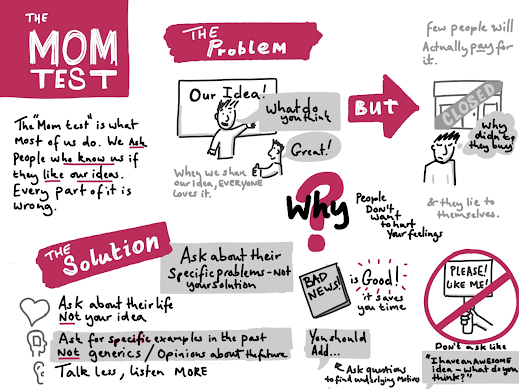Does waking up super early really make me productive? The 5AM Club Book Review

TL;DR The 5AM Club by Robin Sharma is a self-improvement book that emphasizes the power of waking up early—specifically at 5 AM—to maximize productivity, improve health, and enhance personal development. The book follows a fictional narrative of an entrepreneur and an artist who learn from a billionaire about the "20/20/20 Formula," which suggests spending the first hour of the day in three 20-minute segments: intense exercise, reflection (meditation or journaling), and learning (reading or skill development). The core message is that disciplined morning routines lead to long-term success, creativity, and fulfillment. Can anyone do it? Technically speaking, yes. You can condition your mind to make this work for you if you really are determined and willing to change your daily schedules to accommodate this. Modifying your schedule is actually part of the process of improving your productivity, so overall it's for the better. Sharma suggests that it takes approximately 66...

